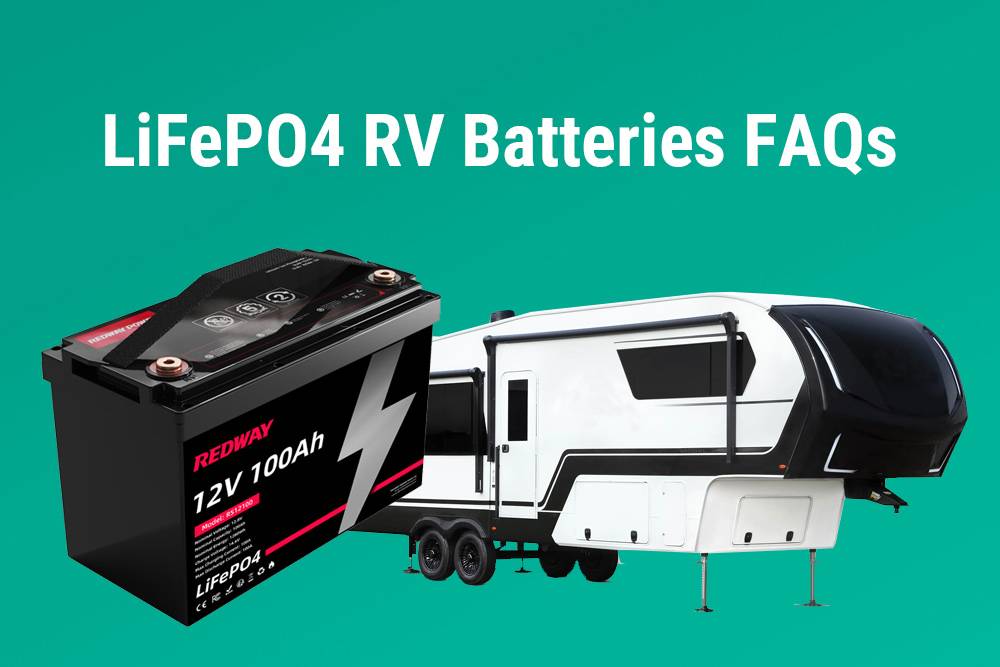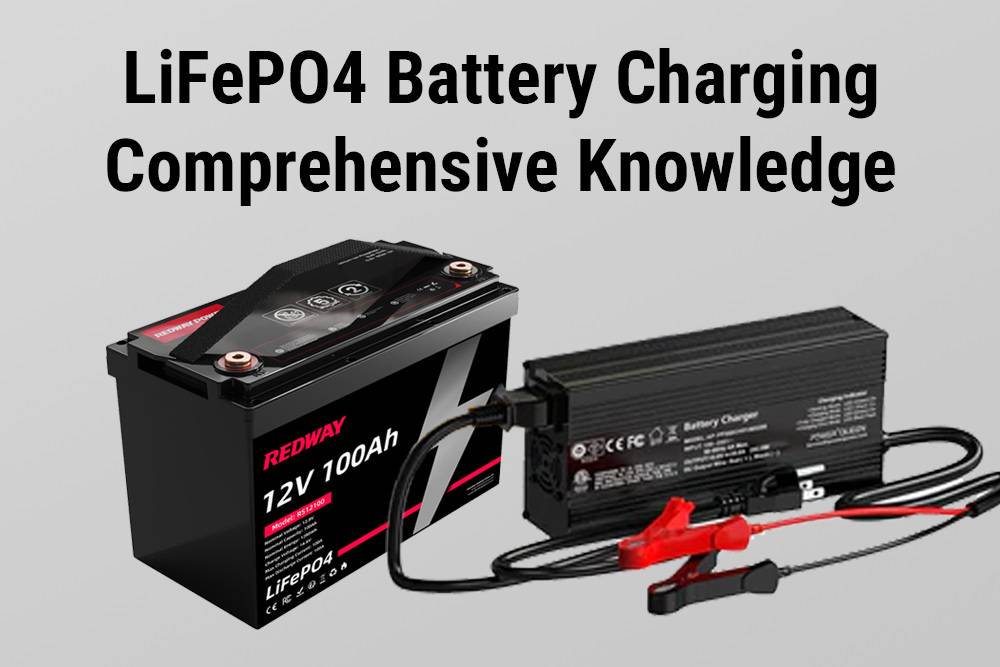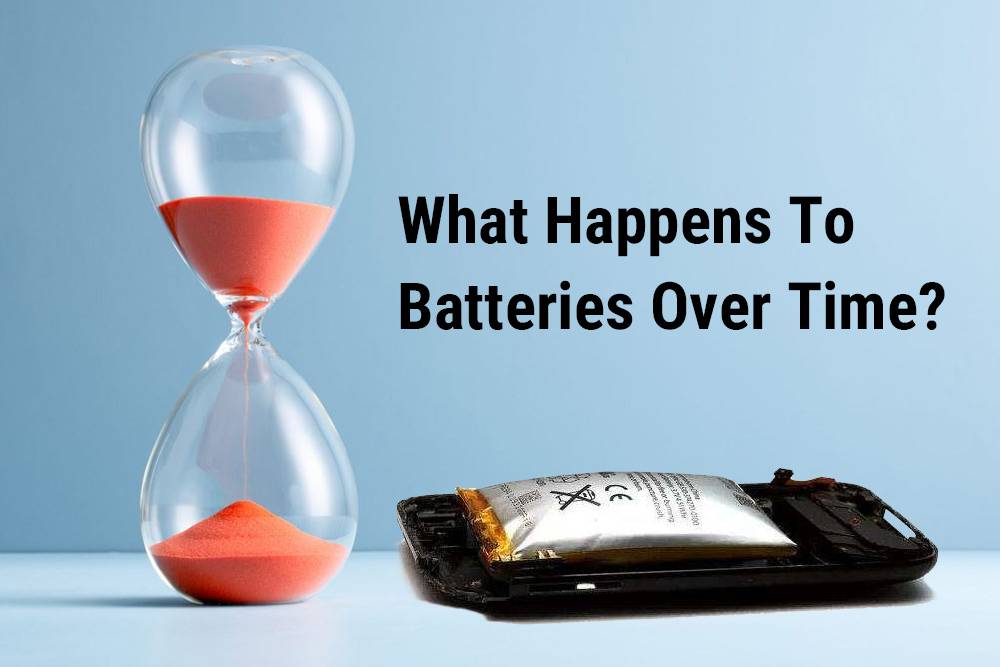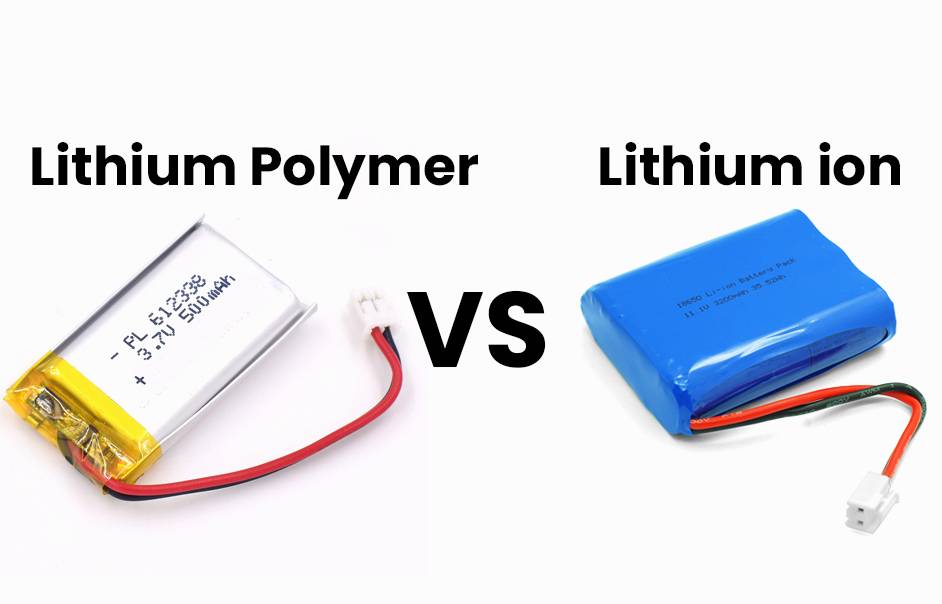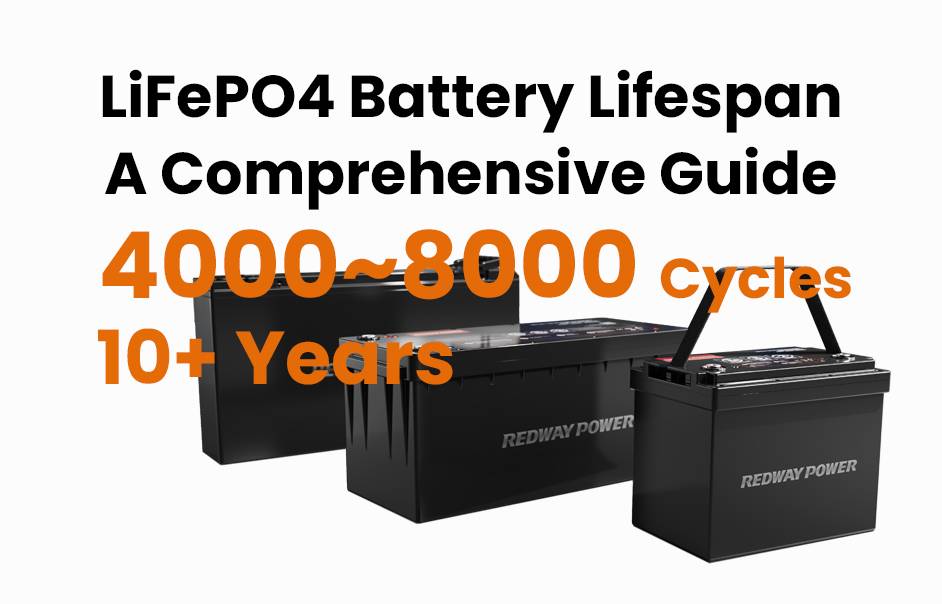- Forklift Lithium Battery
-
48V
- 48V 210Ah
- 48V 300Ah
- 48V 420Ah (949 x 349 x 569 mm)
- 48V 420Ah (950 x 421 x 450 mm)
- 48V 456Ah
- 48V 460Ah (830 x 630 x 590 mm)
- 48V 460Ah (950 x 421 x 450 mm)
- 48V 460Ah (800 x 630 x 600 mm)
- 48V 460Ah (820 x 660 x 470 mm)
- 48V 500Ah
- 48V 560Ah (810 x 630 x 600 mm)
- 48V 560Ah (950 x 592 x 450 mm)
- 48V 600Ah
- 48V 630Ah
-
48V
- Lithium Golf Cart Battery
- 12V Lithium Battery
12V 150Ah Lithium RV Battery
Bluetooth App | BCI Group 31
LiFePO4 Lithium
Discharge Temperature -20°C ~ 65°C
Fast Charger 14.6V 50A
Solar MPPT Charging - 24V Lithium Battery
- 36V Lithium Battery
- 48V Lithium Battery
-
48V LiFePO4 Battery
- 48V 50Ah
- 48V 50Ah (for Golf Carts)
- 48V 60Ah (8D)
- 48V 100Ah (8D)
- 48V 100Ah
- 48V 100Ah (Discharge 100A for Golf Carts)
- 48V 100Ah (Discharge 150A for Golf Carts)
- 48V 100Ah (Discharge 200A for Golf Carts)
- 48V 150Ah (for Golf Carts)
- 48V 160Ah (Discharge 100A for Golf Carts)
- 48V 160Ah (Discharge 160A for Golf Carts)
-
48V LiFePO4 Battery
- 60V Lithium Battery
-
60V LiFePO4 Battery
- 60V 20Ah
- 60V 30Ah
- 60V 50Ah
- 60V 50Ah (Small Size / Side Terminal)
- 60V 100Ah (for Electric Motocycle, Electric Scooter, LSV, AGV)
- 60V 100Ah (for Forklift, AGV, Electric Scooter, Sweeper)
- 60V 150Ah (E-Motocycle / E-Scooter / E-Tricycle / Tour LSV)
- 60V 200Ah (for Forklift, AGV, Electric Scooter, Sweeper)
-
60V LiFePO4 Battery
- 72V~96V Lithium Battery
- Rack-mounted Lithium Battery
- E-Bike Battery
- All-in-One Home-ESS
- Wall-mount Battery ESS
-
Home-ESS Lithium Battery PowerWall
- 24V 100Ah 2.4kWh PW24100-S PowerWall
- 48V 50Ah 2.4kWh PW4850-S PowerWall
- 48V 50Ah 2.56kWh PW5150-S PowerWall
- 48V 100Ah 5.12kWh PW51100-F PowerWall (IP65)
- 48V 100Ah 5.12kWh PW51100-S PowerWall
- 48V 100Ah 5.12kWh PW51100-H PowerWall
- 48V 200Ah 10kWh PW51200-H PowerWall
- 48V 300Ah 15kWh PW51300-H PowerWall
PowerWall 51.2V 100Ah LiFePO4 Lithium Battery
Highly popular in Asia and Eastern Europe.
CE Certification | Home-ESS -
Home-ESS Lithium Battery PowerWall
- Portable Power Stations
How Do 24V Golf Cart Batteries Compare to 12V?
Golf carts have become a popular choice for getting around on the golf course, in communities, and at events. But did you know that the heart of these little vehicles lies in their batteries? Choosing the right battery can make all the difference in performance and longevity. Two common options are 24V and 12V systems.
But how do they stack up against each other? Understanding the differences between these two types of batteries is crucial for any golf cart owner looking to optimize their ride. In this blog post, we’ll explore everything you need to know about 24V vs. 12V golf cart batteries, helping you decide which one suits your needs best. Whether you’re considering upgrading or simply want to understand more about your current setup, we’ve got you covered!
What is the Difference Between 24V and 12V Batteries?
When it comes to golf cart batteries, voltage is key. A 12V battery is often simpler and more common in smaller carts. It operates well for basic needs and offers a lightweight option.
On the other hand, a 24V battery delivers double the power by connecting two 12V batteries in series. This configuration enhances performance significantly, providing more torque and allowing larger carts to climb hills effortlessly.
Additionally, charging times can differ between these options. Generally, 24V systems recharge faster due to their higher capacity.
Another aspect worth noting is weight distribution. Since a 24V system requires two batteries instead of one, this can impact how your cart handles on various terrains.
Choosing between them ultimately depends on your specific requirements and usage patterns. Whether you need efficiency or sheer power will guide your decision-making process.
Pros and Cons of 24V Batteries
24V batteries are gaining popularity among golf cart enthusiasts. One major advantage is their higher power output. This allows for faster speeds and better performance on challenging terrains.
However, the upfront cost of 24V batteries can be a drawback. They tend to be more expensive than their 12V counterparts, which may deter some buyers.
Another pro is the longer lifespan that many 24V batteries boast. With proper care, they can last several years, making them a worthwhile investment for frequent users.
On the downside, charging systems need to be compatible with these batteries. Not all chargers work seamlessly with 24-volt setups, which could lead to additional expenses or complications during maintenance.
Weight is an important factor as well; 24V options often weigh more than standard ones. This added weight can affect overall handling and maneuverability in your golf cart.
Pros and Cons of 12V Batteries
12V batteries, particularly the 12v lithium golf cart battery models, offer several advantages. They are lightweight and compact, making them easy to handle and install in your golf cart. Their smaller size can also free up valuable space for storage.
One significant benefit is their cost-effectiveness. Typically, 12V lithium ion golf cart batteries come at a lower initial price compared to their 24V counterparts. This makes them accessible for those on a budget.
However, there are downsides. The performance of 12 volt lithium golf cart batteries may not match that of higher voltage options under heavy loads or longer distances. They might require more frequent charging during extended use.
Additionally, if you’re using multiple 12V batteries in series to achieve higher voltage levels, it complicates maintenance and monitoring each individual battery’s health becomes crucial.
Factors to Consider When Choosing Between 24V and 12V Batteries
When deciding between 24V and 12V batteries for your golf cart, consider the power needs first. A 24V system typically delivers more energy, making it suitable for larger carts or those requiring additional torque.
Next, think about runtime. If you plan long rounds on the course or extended trips, a 24V battery may offer longer-lasting performance. In contrast, a 12V lithium golf cart battery can be lighter and easier to handle.
Charging times also vary. Generally, a higher voltage battery charges faster but requires compatible chargers. Ensure your charging infrastructure meets these requirements before making a choice.
Assess compatibility with existing systems in your golf cart. Transitioning from one voltage system to another may involve extra modifications that could complicate installation and increase costs. Always research thoroughly to avoid surprises down the road.
Tips for Maintaining Your Golf Cart Batteries
Maintaining your golf cart batteries is crucial for longevity and performance. Regular checks can help prevent unexpected failures.
Start by inspecting the battery terminals. Clean them to ensure a good connection, as corrosion can hinder efficiency.
Monitor water levels in flooded lead-acid batteries. Keeping them topped up with distilled water will extend their life significantly.
Be mindful of charging habits. Avoid letting the battery discharge completely before recharging it; this practice can reduce overall lifespan.
Temperature matters too. Store your cart in a climate-controlled space to protect against extreme heat or cold, which can affect battery performance.
Periodic testing of voltage levels helps track the health of your 12v lithium golf cart batteries over time, allowing you to catch issues early on and address them efficiently.
Conclusion
When choosing between 24V and 12V golf cart batteries, it’s essential to consider your specific needs. Both options have their advantages and disadvantages. The 24V system offers higher power output and efficiency, making it suitable for larger carts or those requiring more intense use. On the other hand, the 12V lithium golf cart batteries provide flexibility in configuration and often come with lighter weights.
Maintaining your chosen battery type is crucial for optimal performance and longevity. Regular checks on charge levels, connections, and overall condition can make a significant difference in how long your investment lasts.
Whether you opt for a powerful 24V setup or a versatile collection of 12 volt lithium golf cart batteries will depend on factors like usage patterns, terrain types you navigate through, budget considerations, and personal preferences regarding weight capacity. Making an informed choice ensures that you enjoy many smooth rides ahead!



















